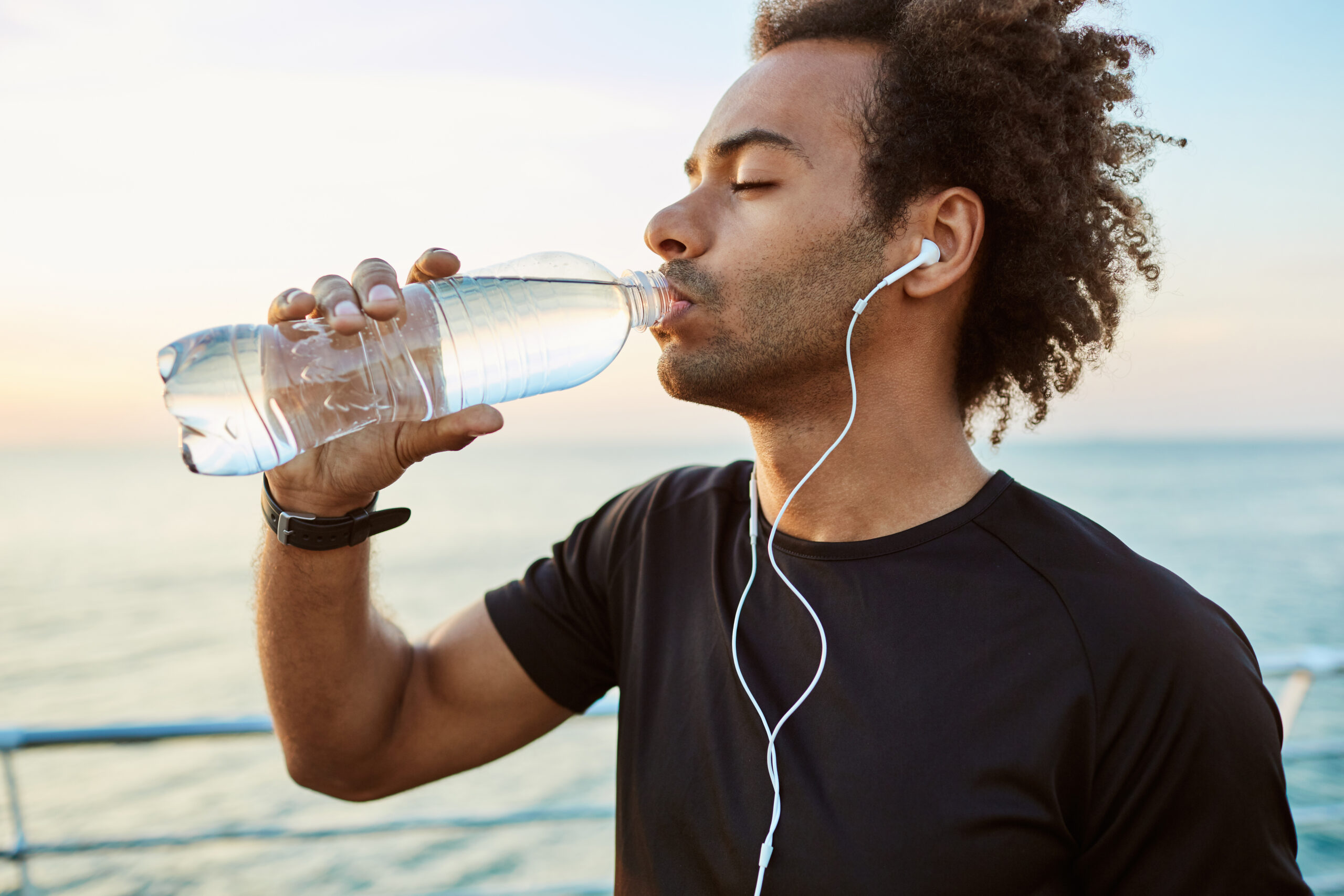Preventing Heat-Related Illnesses By Staying Hydrated
When the sun is shining bright, and the temperatures rise, it’s super important to stay cool and drink plenty of water. Heat-related illnesses can happen to anyone, especially when it’s really hot outside. Did you know that around 1300 people in the United States lose their lives each year because of extreme heat? That’s a lot!
This article will help you understand what these illnesses are, how our bodies react to heat, and why drinking water is essential. Plus, we’ll share tips to keep you and your friends safe when the heat is on!
1. What are Heat-Related illnesses?
Heat-related illnesses happen when your body gets too hot and can’t cool down properly. Normally, our bodies sweat to keep us cool, but sometimes the heat is just too much. When this happens, it can lead to serious health problems. Here are four main types of it:
1.1 Heat Exhaustion
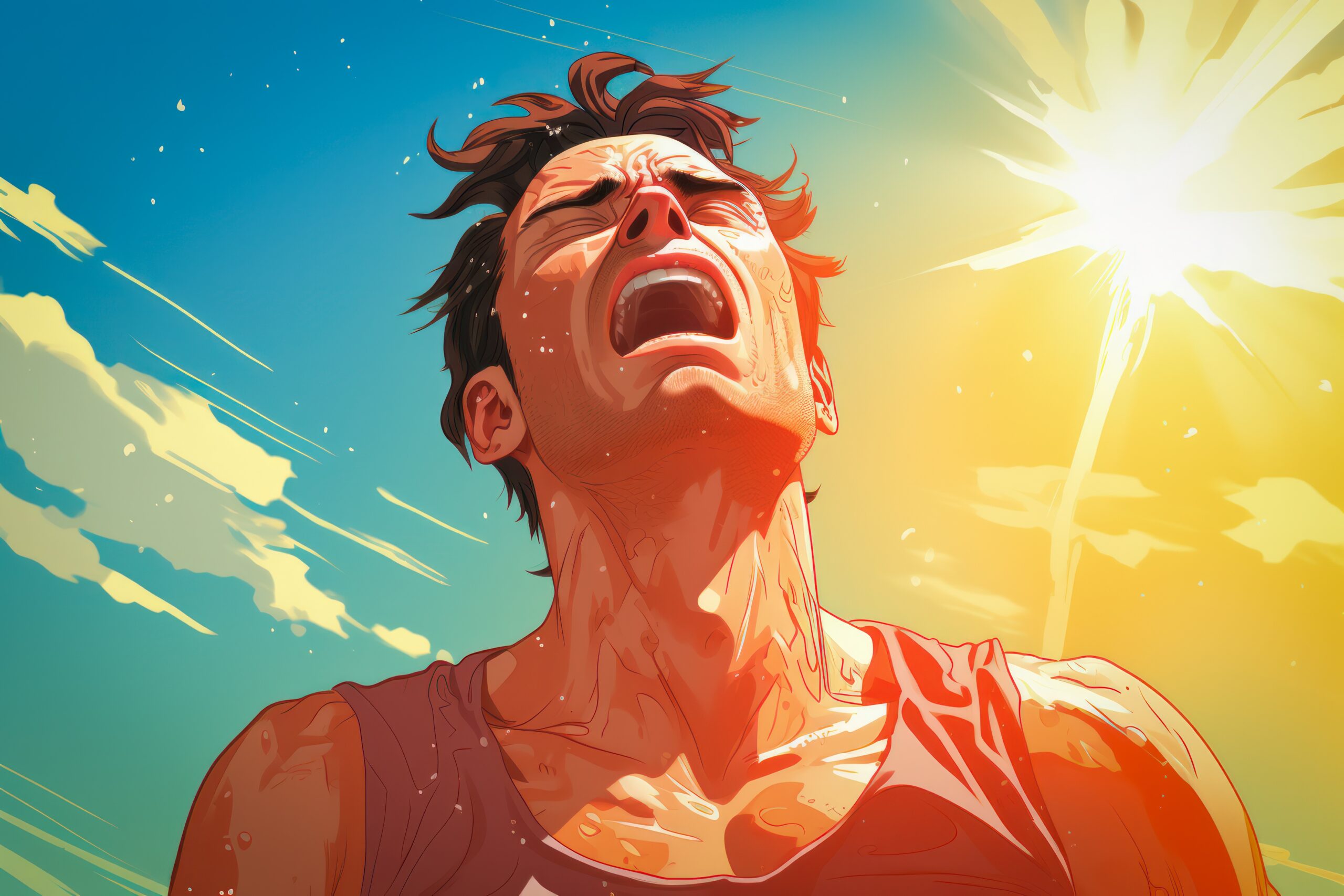
What Causes It?
Heat exhaustion happens when you’re in the heat for too long, especially if you’re sweating a lot. It can occur during hot summer days or when you’re playing sports outside.
How Does It Happen?
When you sweat, your body loses water and important salts called electrolytes. If you don’t drink enough water to replace what you lose, you can start to feel weak and dizzy.
Symptoms
• Heavy sweating
• Feeling tired or weak
• Dizziness or fainting
• Headaches
• Upset stomach or throwing up
• Cool, clammy skin
• Fast heartbeat
What to Do:
• Get Cool: Move to a shaded or cool area right away.
• Rest: Lie down and lift your legs a bit.
• Drink Water: Sip on cool water or sports drinks to help you feel better.
• Loosen Up: Take off any tight clothes to help your body cool down.
1.2 Heat Stroke
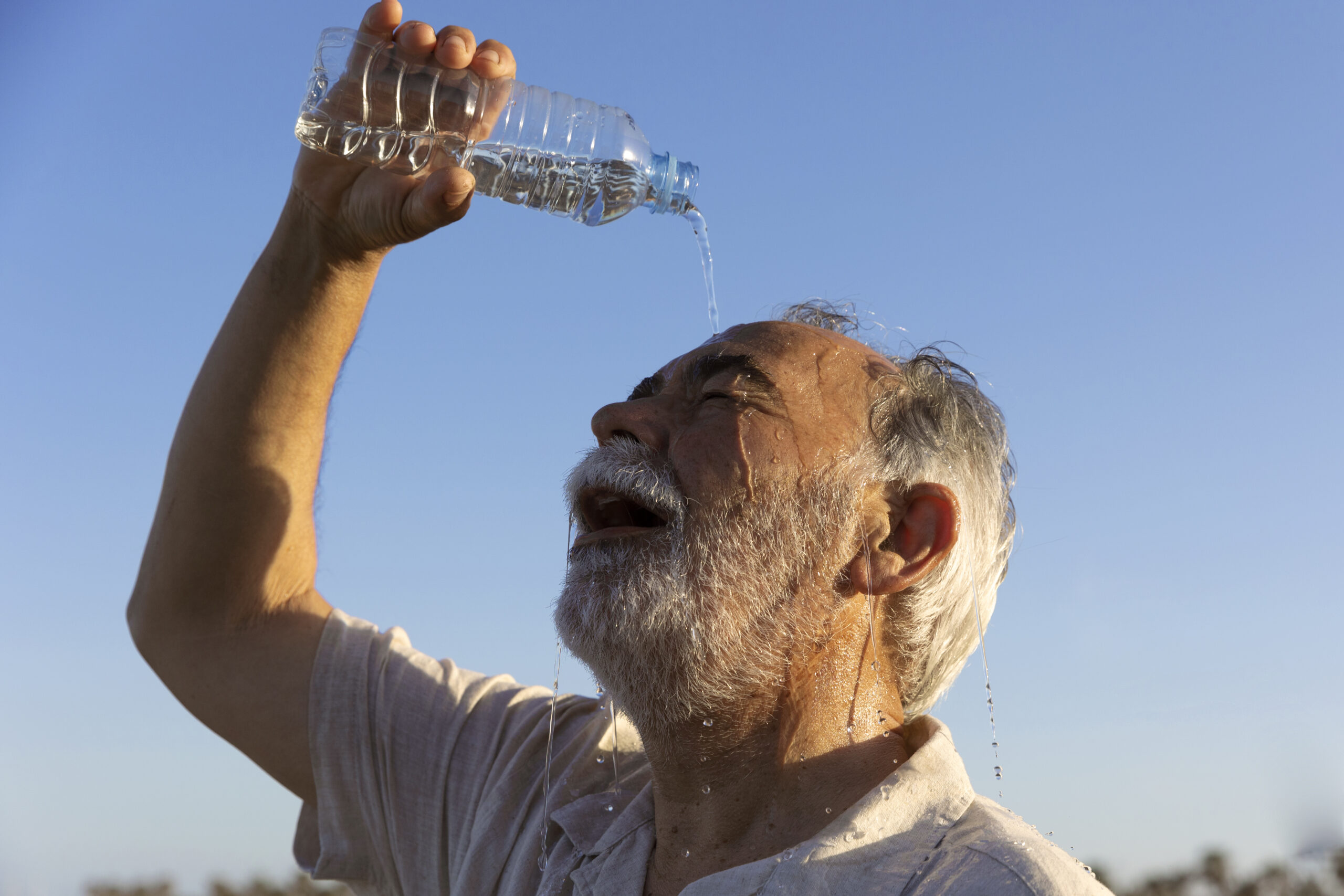
What Causes It?
Heat stroke is very serious and can happen when your body temperature goes above 104°F (40°C). It often happens after you’ve been active in hot weather for too long.
How Does It Happen?
When you get heat stroke, your body stops sweating, and it can’t cool down at all. This is dangerous because your organs, like your heart and brain, can get hurt if your body gets too hot.
Symptoms
• Very high body temperature (104°F or more)
• Confusion or feeling really weird
• Hot, dry skin (you might not sweat at all)
• Fast heartbeat
• Nausea or throwing up
• Seizures
• Passing out
What to Do:
• Call for Help: Heat stroke is a big deal! Call for emergency help right away.
• Cool Down Fast: Get to a cooler place, take off extra clothes, and use cold cloths or ice packs on your neck and armpits.
• Drink Water: If the person is awake and can drink, give them water or sports drinks.
1.3 Heat Cramps
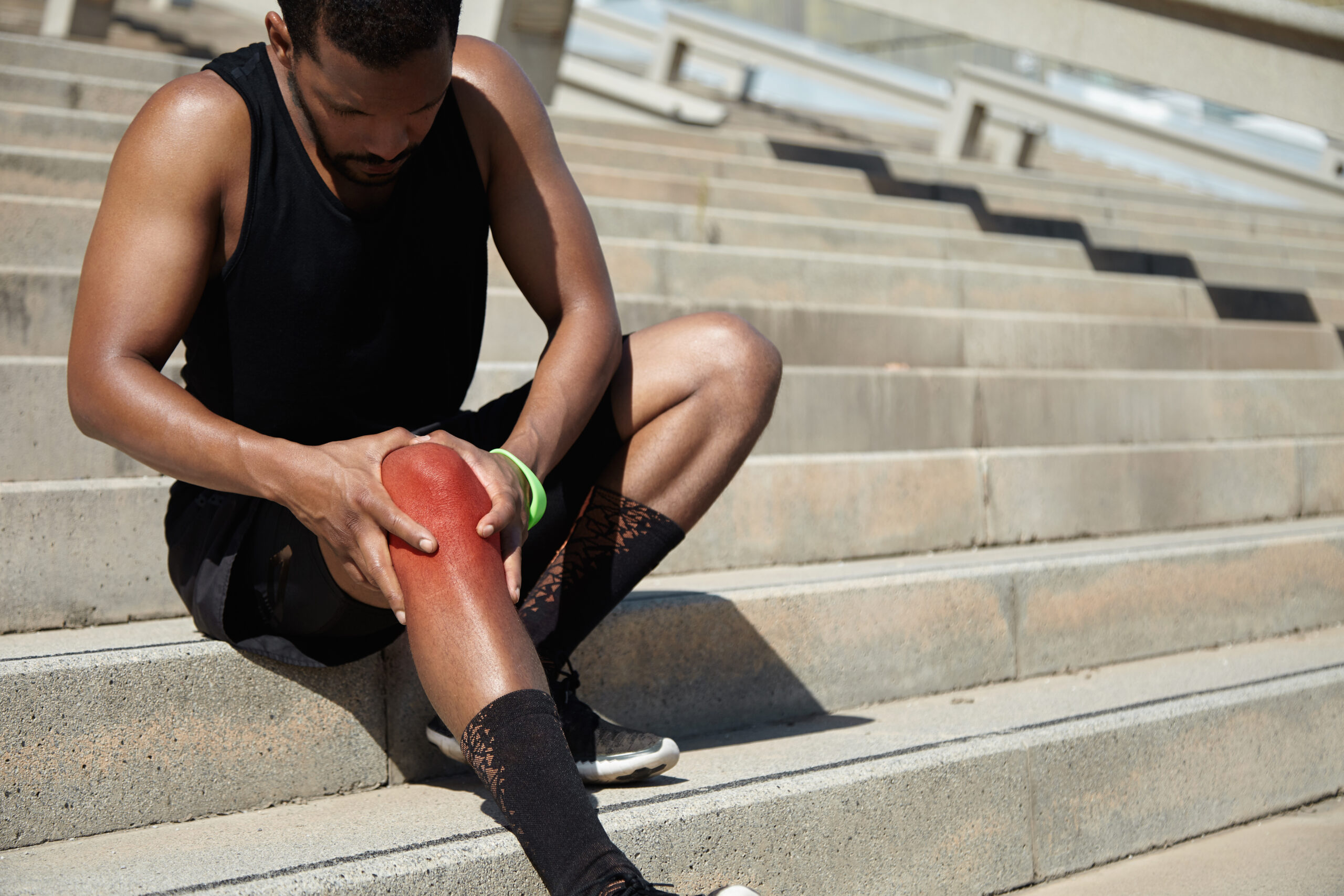
What Causes It?
Heat cramps happen when your muscles hurt and tighten up after you’ve been sweating a lot during sports or outside play.
How Does It Happen?
When you sweat a lot, you lose water and important salts. Without these, your muscles can get cranky and start to cramp up.
Symptoms
• Sudden muscle cramps or spasms, usually in the legs or belly
• Heavy sweating
• Feeling tired
• Thirsty
What to Do:
• Stop Moving: Take a break from any activity.
• Stretch and Massage: Gently stretch the cramped muscle and rub it to help it relax.
• Drink Water: Sip on water or a sports drink to help replace lost fluids and salts.
1.4 Heat Rash
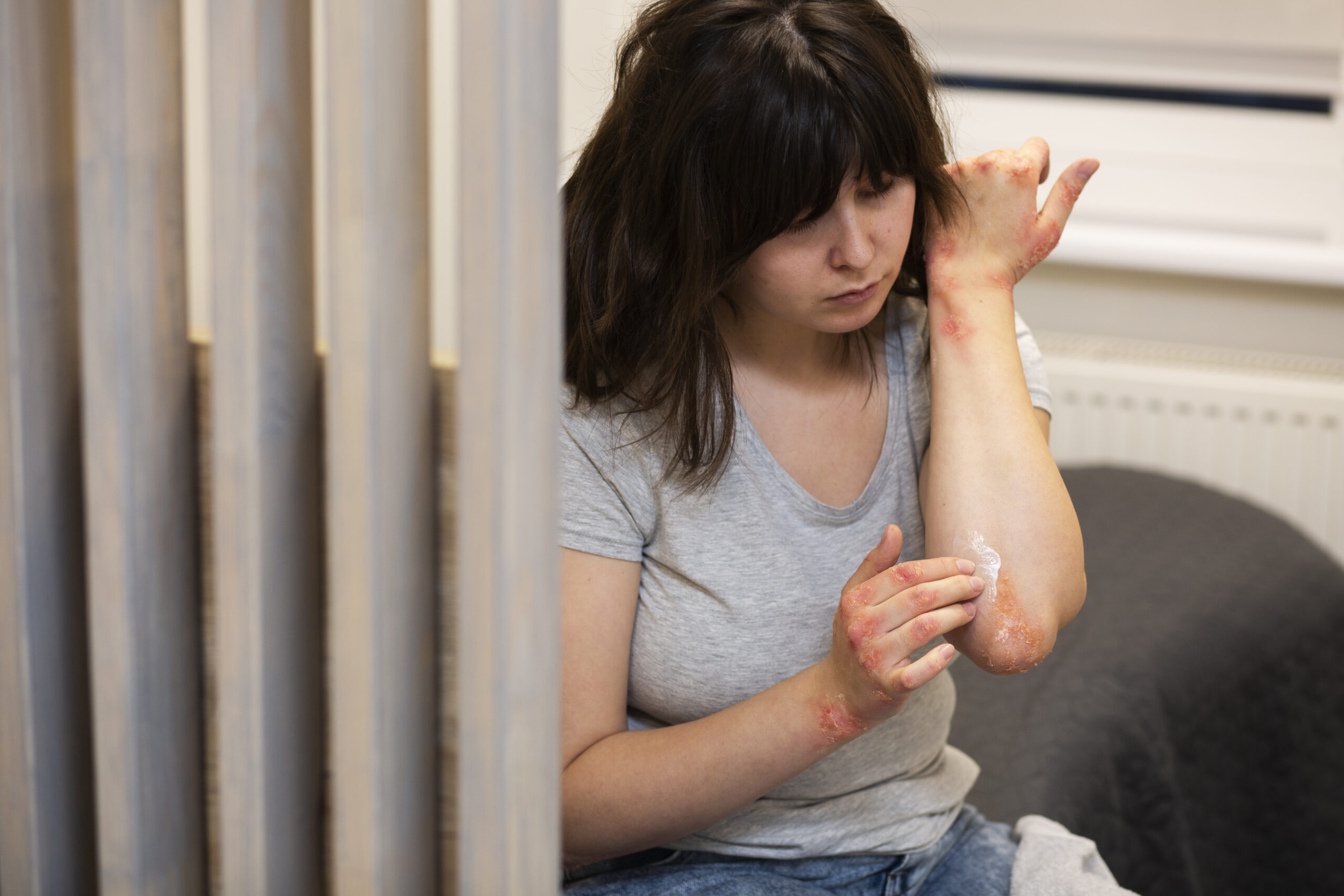
What Causes It?
Heat rash happens when sweat gets trapped under your skin. It’s common in hot and humid weather.
How Does It Happen?
When you sweat a lot, your sweat glands can get clogged. This causes little red bumps on your skin that can feel itchy.
Symptoms
• Red spots or bumps that look like small blisters
• Itching or a prickly feeling
• Redness in the area
What to Do:
• Stay Cool: Get to a cooler place and keep the skin dry.
• Wear Loose Clothes: Change into loose, light clothes to avoid more irritation.
• Use Cool Cloths: Put a cool, damp cloth on the rash to help it feel better.
2. How Does Hydration Help in Heat-Related Illnesses?
Drinking enough water is super important to prevent heat-related illnesses. Here’s how staying hydrated helps:
• For Heat Exhaustion: Drinking water keeps your blood volume steady, so your heart can pump blood easily. This helps you stay active without feeling tired.
• For Heat Stroke: Staying hydrated helps your body cool itself down. If you drink enough water, your body can sweat properly and avoid overheating.
• For Heat Cramps: Drinking fluids with electrolytes helps your muscles stay strong and not cramp up when you’re playing hard.
• For Heat Rash: Keeping hydrated can help you sweat less and keep your sweat glands open, preventing rashes.
Also read an article on: What is Clean Bulking & its Benefits?
3. What Are Some Common Signs of Dehydration?
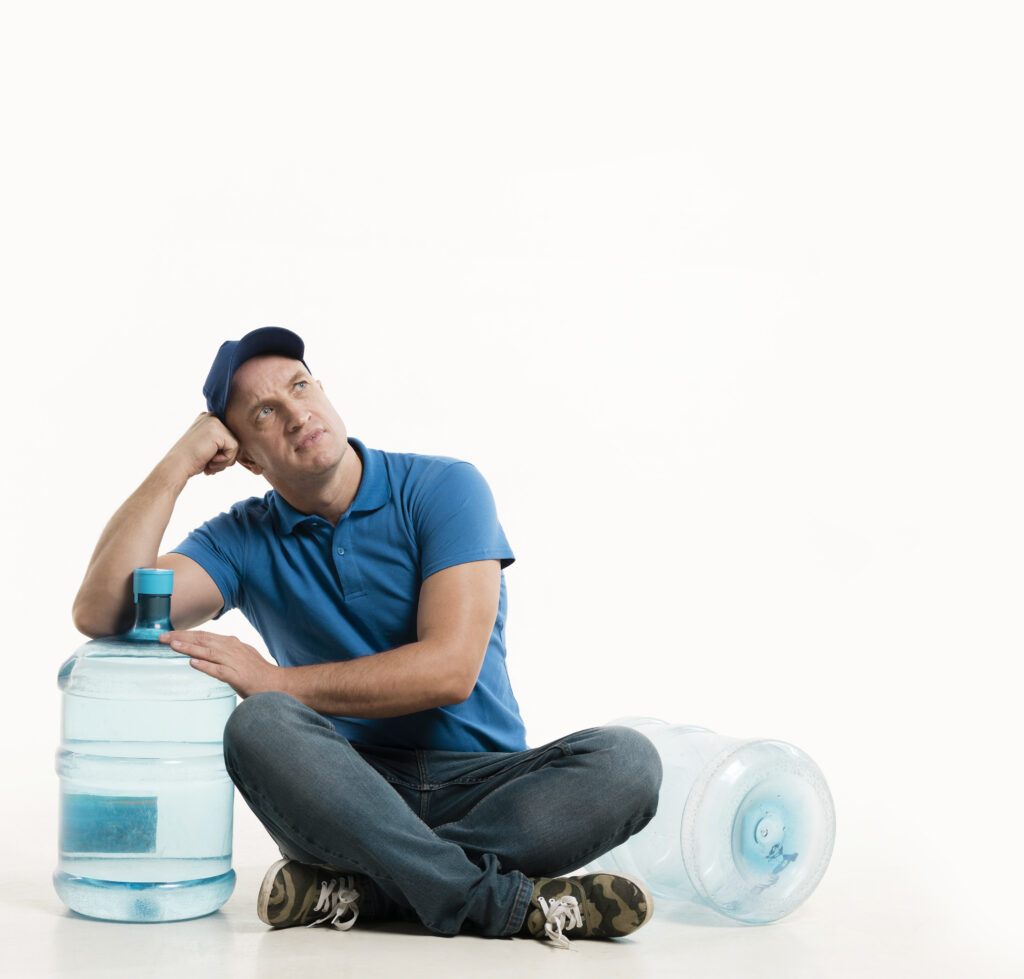
It’s important to know when you need to drink more water. Here are some signs of dehydration:
• Dry mouth
• Feeling tired or lazy
• Dizziness or feeling faint
• Dark yellow pee or not peeing much
• Headaches
• Fast heartbeat
If you notice any of these signs, drink water right away!
4. What to Eat and Drink for Heat Illness?
4.1 What to Eat:
• Fruits: Watermelon, oranges, and cucumbers have a lot of water and help keep you hydrated.
• Vegetables: Leafy greens like spinach are good for you and can help you stay hydrated.
• Snacks: Nuts and yogurt can give you energy and help replace lost salts.
4.2 What to Drink:
• Water: This is the best choice! Try to drink at least 8-10 glasses of water every day, especially when it’s hot.
• Sports Drinks: These can help replace lost electrolytes when you sweat a lot.
• Coconut Water: This yummy drink is great for hydration because it has natural electrolytes.
4.3 What Not to Eat or Drink:
• Caffeine: Drinks like coffee and energy drinks can make you lose more water.
• Alcohol: Drinking alcohol can lead to dehydration, making heat problems worse.
• Heavy Foods: Foods that are greasy or hard to digest can slow you down and increase your risk of heat-related issues.
5. Prevention
Here are some easy tips to help you stay safe and cool when it’s hot outside:
• Drink Water: Make sure you drink water before, during, and after playing outside. Always keep a water bottle handy!
• Stay in the Shade: If you can, avoid doing hard activities in the heat of the day, especially between 10 a.m. and 4 p.m.
• Wear Cool Clothes: Choose lightweight and light-colored clothes to help your body stay cool.
• Take Breaks: If you’re playing outside, take breaks in the shade or a cool area to let your body cool down.
• Get Used to the Heat: If you’re not used to hot weather, take it easy for a few days to help your body adjust
Conclusion
Heat-related illnesses can be serious, but with the right knowledge and a little preparation, you can stay safe in the summer heat. Remember, drinking water is key to keeping your body cool and feeling good. By paying attention to how your body feels and taking steps to stay hydrated, you can enjoy the sunshine and have fun without worrying about getting sick from the heat. Stay safe, drink plenty of water, and enjoy your summer!
Also read an article on: How Are Humans Changing The Water Cycle?
FAQs
Q. What should I do if I feel weak or dizzy in the heat?
A. If you feel weak or dizzy, find a cool place to sit down, drink water, and rest until you feel better.
Q. How can I prevent heat stroke when I’m outside?
A. To avoid heat stroke, drink water regularly, take breaks in the shade, and wear light clothing. If you start feeling weird, tell someone!
Q. Are kids more likely to get sick from the heat?
A. Yes, kids can get sick from the heat more easily because their bodies are still growing and might not cool down as well.
Q. How much water should I drink when I’m playing sports?
A. When you’re active in the heat, try to drink 7-10 ounces of water every 10-20 minutes.
Q. What does heat rash look like?
A. Heat rash looks like small red bumps or blisters on your skin and can feel itchy or prickly.
Q. How do I know if I’m drinking enough water?
A. If your pee is light yellow, you’re probably drinking enough. If it’s dark yellow, you need to drink more water!
Q. Can some foods help me stay hydrated?
A. Yes! Foods like watermelon, cucumbers, and oranges are packed with water and can help you stay hydrated.
Q. What can happen if I don’t drink enough water?
A. If you don’t drink enough water, you could feel tired, dizzy, or even get illnesses like heat exhaustion or heat stroke.

